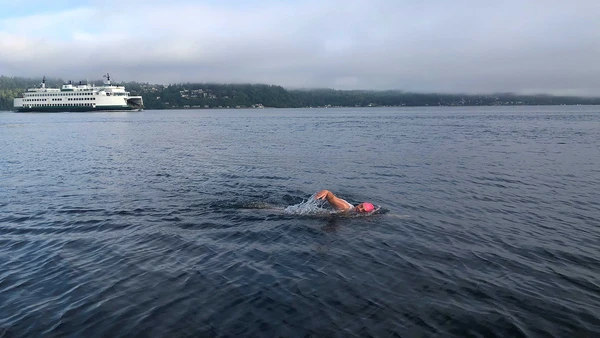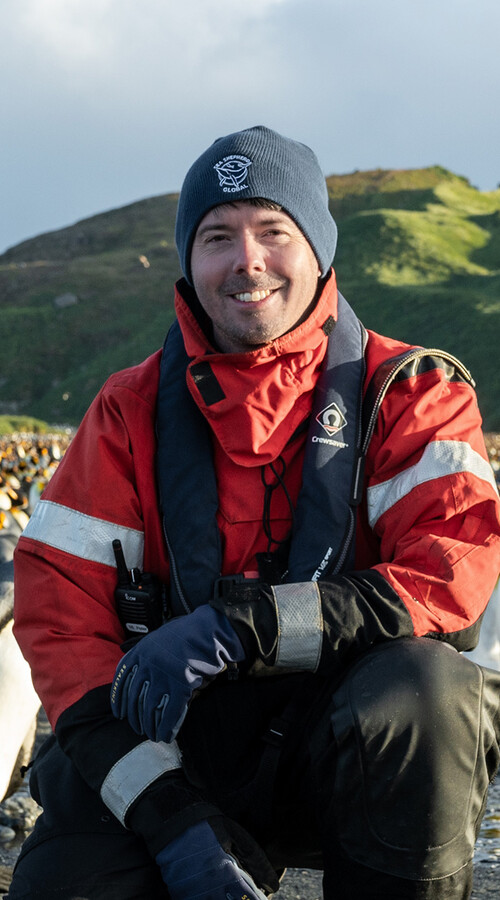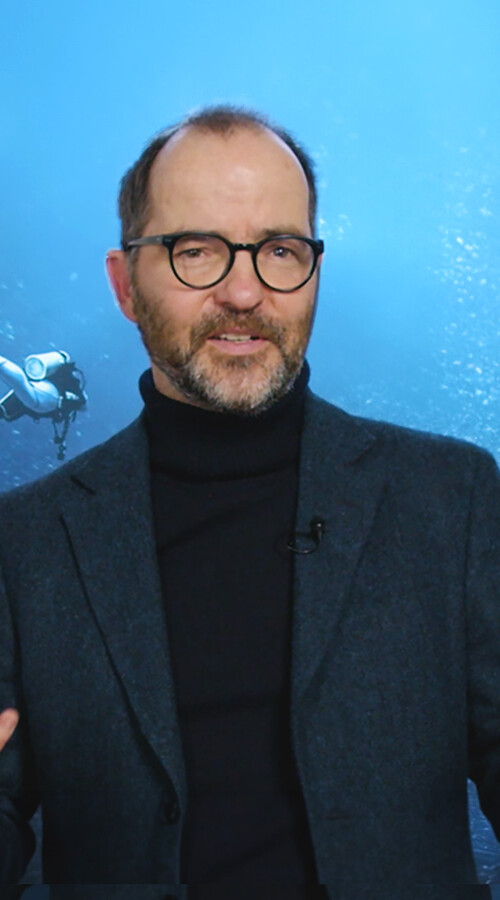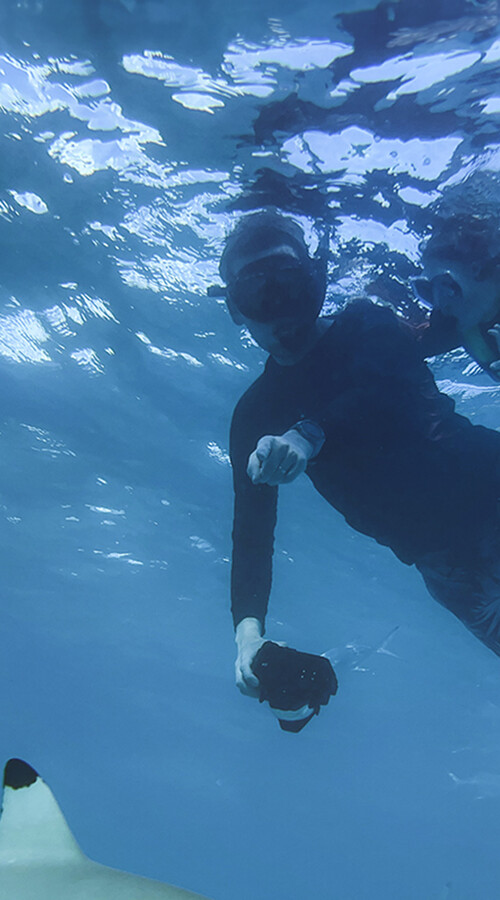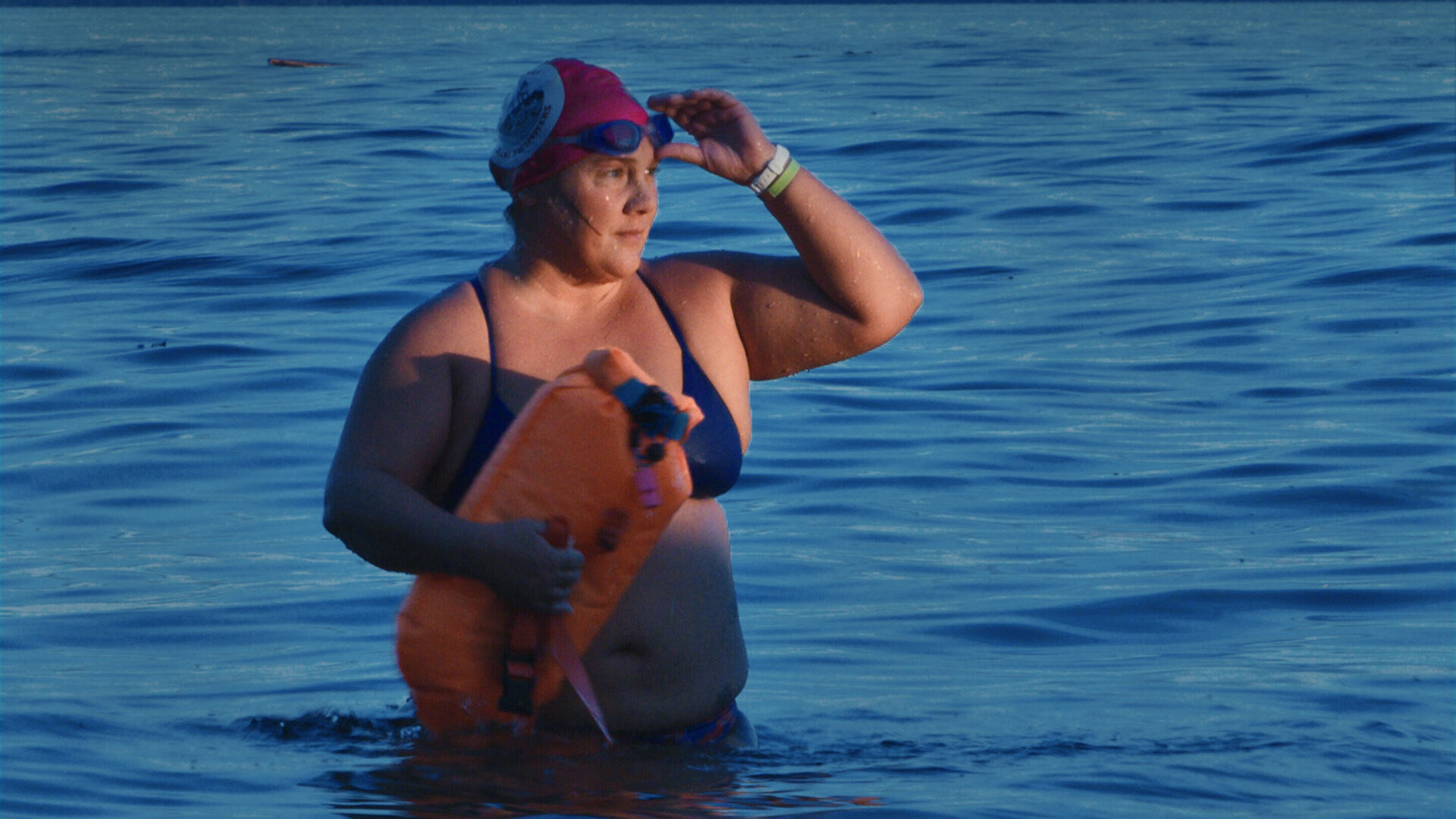
Interview
with Melissa Kegler and Dan McComb
The film Ice Mermaid tells the story of an icy record attempt and turns our perception of a stereotypical athlete upside down.
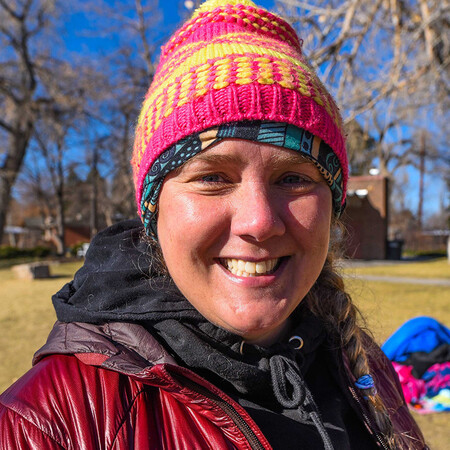
Melissa Kegler
The American marathon, channel, and ice swimmer discovered her love for the sports of swimming in the Great Lakes in Michigan. Today, she lives in the Pacific Northwest. She prefers to swim at 14°C and absolutely loves buying new swimsuits.
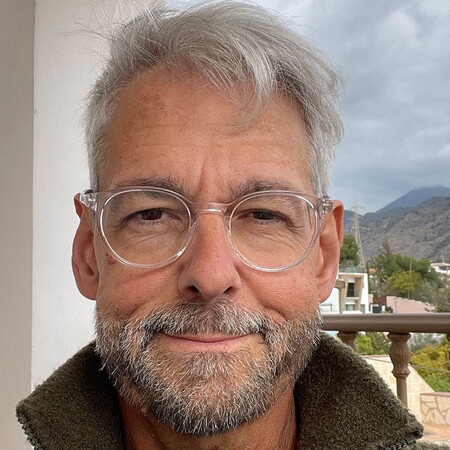
Dan McComb
The Canadian-American filmmaker has directed numerous documentary films, including work for the BBC, and received an Emmy nomination for his contributions. He has taught cinematography and film editing at the Seattle Film Institute.
Melissa, you swam 2.2 kilometers in ice-cold water. Where did the idea for this record attempt come from?
(MELISSA KEGLER)
The idea came after I swam my first ice mile. I had heard horror stories about how much it would hurt, and that the recovery would be awful. Then I swam the ice mile, and it wasn't as bad as people had described! I thought, wow, this is fun. I wanted to swim more than a mile, and since the current American record at the time was two kilometers, which isn't much more than a mile (editor's note: 2 kilometers is about 1.2 miles), I thought it would be cool to set a new U.S. record. So, I just did it, and I oddly enjoyed that feeling just before you become hypothermic. (laughs)
When did you start ice swimming?
(MELISSA KEGLER)
I started about a year and a half before the record, although I would have to say that with an asterisk. Anyone starting out in the Pacific Northwest (PNW) has completely different conditions than someone from Florida. The PNW has a maximum water temperature of 14 degrees Celsius in summer and seven in winter, which would be a big adjustment if you’re coming from warmer climates. I've been swimming here since 2014, so I've been training in cold water for quite a while.
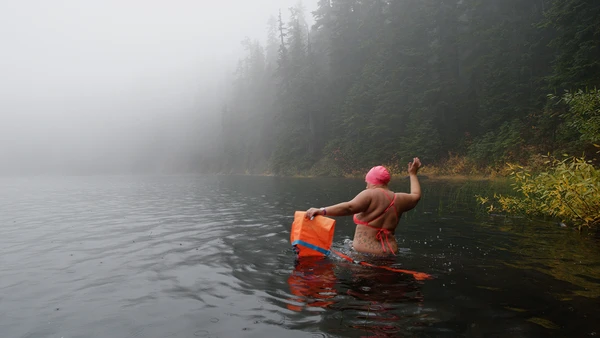
Dan, how did you meet Melissa?
(DAN McCOMB)
I was teaching a workshop at the Seattle Film Institute, and I shot a short piece with a group of students about a long-distance swimmer I found on Facebook. He kept telling me about this woman, Melissa Kegler, how she was an incredibly good swimmer and had done a lot of big swims. So, I had formed this idea of a great athlete in my mind, and when I met her for the first time, it was kind of a shock. Melissa was not at all what I had expected. She completely upended my notion of what an athlete can look like. She challenged my assumptions and changed my thinking, and that made the entire film project all the more interesting to me. I wanted to find out who she is and what enables her to achieve these extraordinary athletic feats.
To what extent does your body offer an advantage for ice swimming?
(MELISSA KEGLER)
There are also some ice swimmers who are really thin, but I don't know if I would be able to do the sport if I were thinner. I just know that my body is capable of doing it at the moment, and I am not willing to experiment with that just to maybe look better in a pair of pants. Many people don't start ice swimming until later in life. They may have put on some weight by then, but there's still a lot of muscle underneath. Bodies change over time. My body looked different when I was 18 and 25.
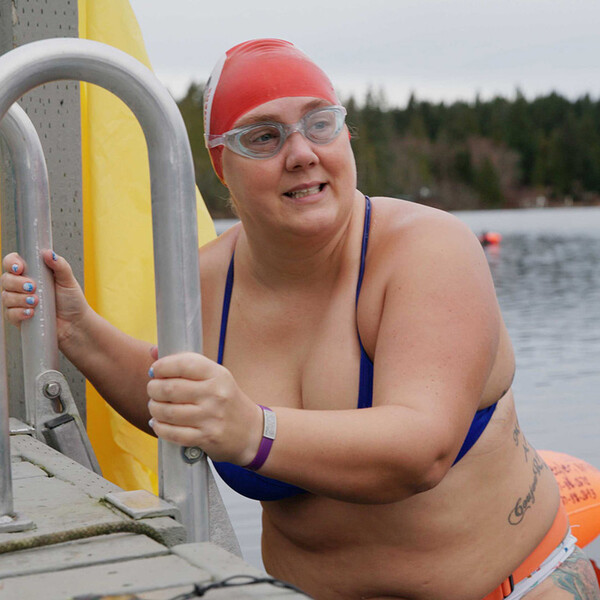
How do you deal with negative comments about your body?
(MELISSA KEGLER)
I get comments about my body all the time, probably every week. I hear them at the beach and at the gym where I train maybe four to five times a year—for example, ‘Wow, you're much faster in the water than you look!’ I'd prefer not to have to deal with these comments, but I can't stop them. Some of them I can laugh about, and some of them hurt, but ultimately, they don't mean anything. It was a different story with the doctor who had to sign the form for me to start my record attempt. This doctor was in a position to stop me from doing something I wanted to do and felt physically able to do. The decision was no longer in my hands. I hadn't experienced a situation like that for a very long time, and it triggered a lot of emotions.
Did you film the meeting with the doctor?
(DAN McCOMB)
I would have liked to have been there with my camera, but he refused, and I still think it's unfortunate that we weren't allowed to record his statement. I think it would have made the film a bit better, but in the end, we had to work with how Melissa experienced that moment.
Dan, did you ever get into the cold water during filming?
(DAN McCOMB)
Melissa managed to persuade me exactly six times. I recall that very well because each time was memorable in some way. Of course, I never got in without a wetsuit, even though Melissa encouraged me to do so. I love being out in nature and am an avid sea kayaker, which is why I own a dry suit. It is designed to keep you warm and dry when you're in the water, but even with it, I got cold! I really have so much respect for what Melissa does.
At the end of the film, a seal swims after Melissa, and it’s really magical.
How did this moment come about?
(DAN McCOMB)
Melissa had told me that sometimes seals come and swim with her. I didn't really expect it to happen on this particular day, but I followed her with my drone anyway. And then the seal just pops up! It was a gift from the universe. My hands were actually shaking on the camera controls.
(MELISSA KEGLER)
Sometimes you just know that something amazing is going to happen. You can feel it. Being out there with Dan and the students and the seals and knowing that a lot of people who wouldn't go in the water would be able to see that ... that was really special for me.
